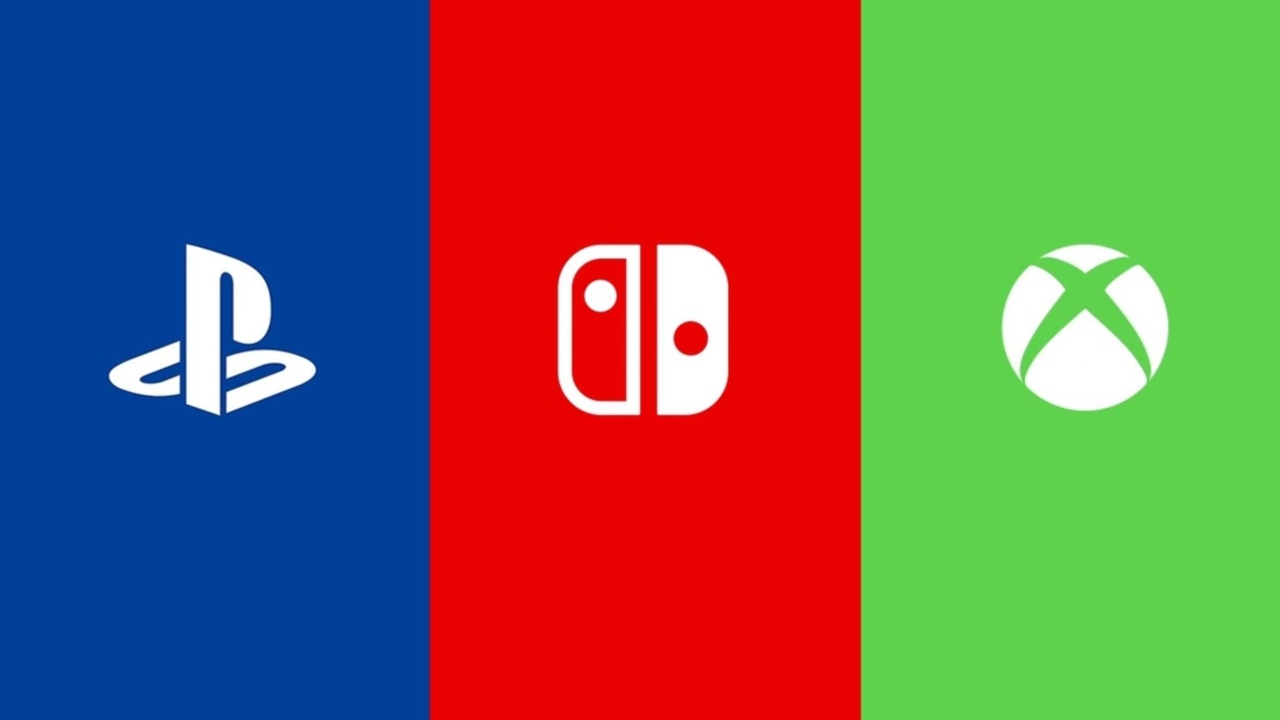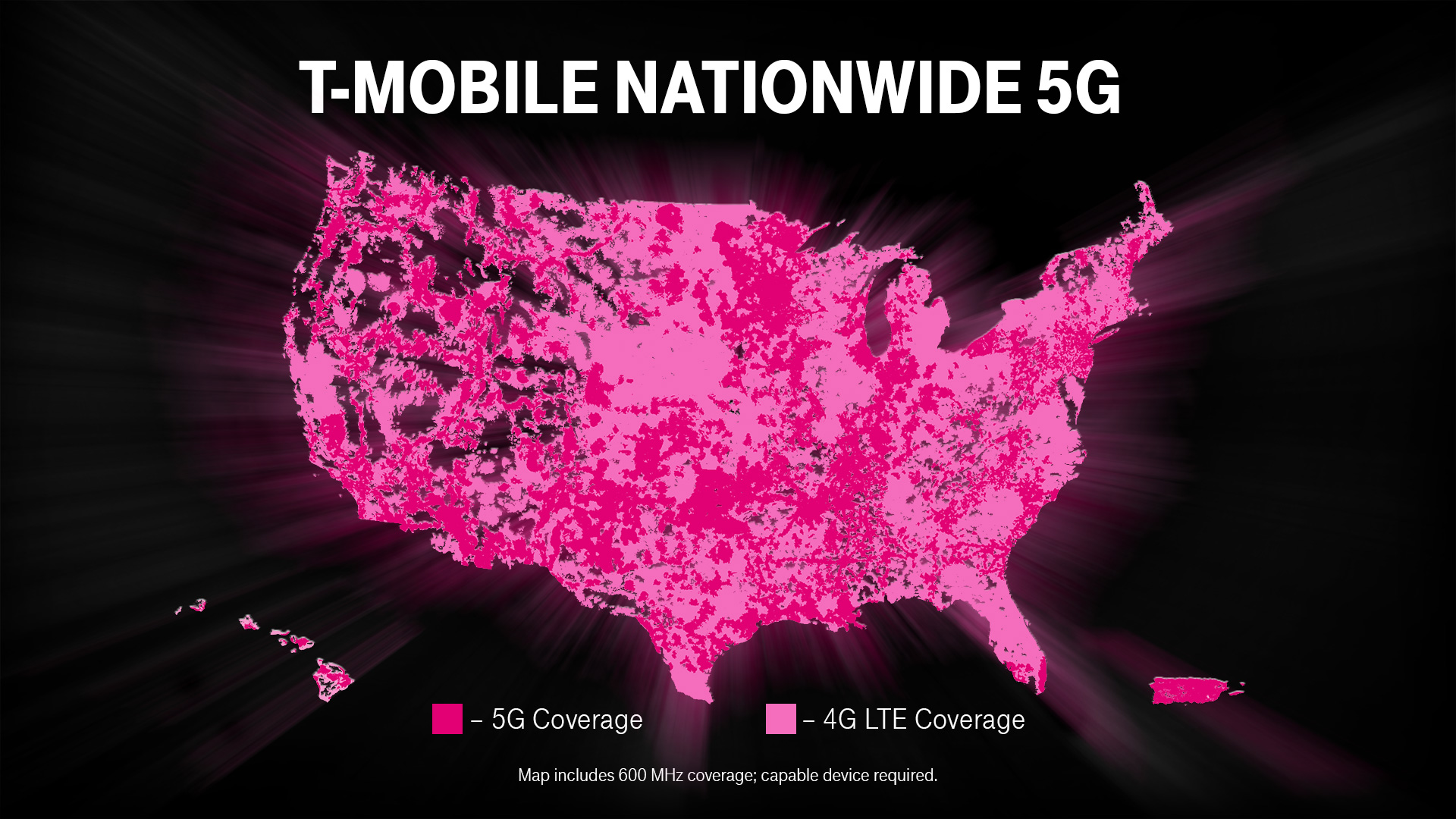O2 has expanded its 5G network to 108 UK towns and cities, maintaining its vision of the 5G network as crucial in developing a national digital infrastructure that will help businesses as the UK emerges from the Covid-19 pandemic.
The O2 5G network was first switched on in the UK in October 2019 with the operator committed to offering 5G capability to 50 towns and cities by the summer of 2020. In June 2020, the network went live in 60 UK towns and cities, adding the likes of Aberdeen, Brighton and Oxford to the locations covered.
Now, almost exactly a year after the initial launch, the 5G network development plan is said to be ahead of schedule, reaching 108 towns and cities with new live locations including Milton Keynes, Ipswich and Chelmsford.
The O2 5G network infrastructure is being rolled out in partnership with primary essential communications technology providers Nokia and Ericsson. O2’s extended partnership with Ericsson includes hardware, software and service upgrades in the west of the UK, and is designed to bring greater coverage, voice and data capacity.
It will see products from the Ericsson Radio System portfolio deployed in the O2 5G radio access network (RAN). O2 currently offers 28 5G-enabled devices, including the recently launched Apple iPhone 12.
“When we launched 5G last October, we said it was the first step on a journey,” said O2 chief operating officer Derek McManus. “One year on and we have made some incredible progress, not just in terms of our roll-out, but in bringing about new capabilities that will make real changes to people’s everyday lives.
“No one could have predicted the way this year has turned out and that, almost overnight, customers would turn to their networks more than ever before to keep them connected to loved ones, colleagues and suppliers. Connectivity has never been more important, and we want our network to continue to raise the bar.
“We firmly believe 5G has a role in helping to rebuild Britain, unlocking huge possibilities for our economy and society. We are excited to keep pushing ahead with our roll-out along with our partners Ericsson and Nokia, to keep supporting our customers, businesses and society.”
O2’s initial 5G network concentrated on consumer use cases but as it expanded, the operator said it was aiming to unlock 5G’s potential with businesses, working with businesses and consortia to test and build 5G use cases.
In March 2020, in a move that it said would benefit more than 2,000 businesses in the region, West Midlands 5G (WM5G) – the organisation that is delivering the UK’s first region-wide 5G testbed – awarded a major contract to a consortium led by O2 to build 5G accelerators in Birmingham, Wolverhampton and Coventry.
The three 5G accelerators, working under the 5PRING brand, have centrally located office and demonstration spaces with access to 5G technology, both indoors and outdoors, extending several kilometres. Each venue has access to private 5G networks, enabling local businesses and public sector organisations to experiment with 5G features that are not yet commercially released.
More recently, after a four-year trial supported by the telco and the European Space Agency, O2 announced that the Darwin SatCom Lab was now open to companies looking to explore next-generation connectivity for connected and autonomous vehicles (CAVs) using both 5G and satellite communications.
The test centre is designed to allow companies to test proofs of concept using two Renault TWIZY electric cars, which the operator has converted into CAVs and fitted with Lidar sensors to allow them to be controlled from the lab and driven around the Harwell campus.
O2 said satellite communications can play a crucial role in the extension of 5G networks to allow seamless connectivity to remote and harder-to-reach areas for trains and road vehicles, providing reliable access to the whole of the UK.













